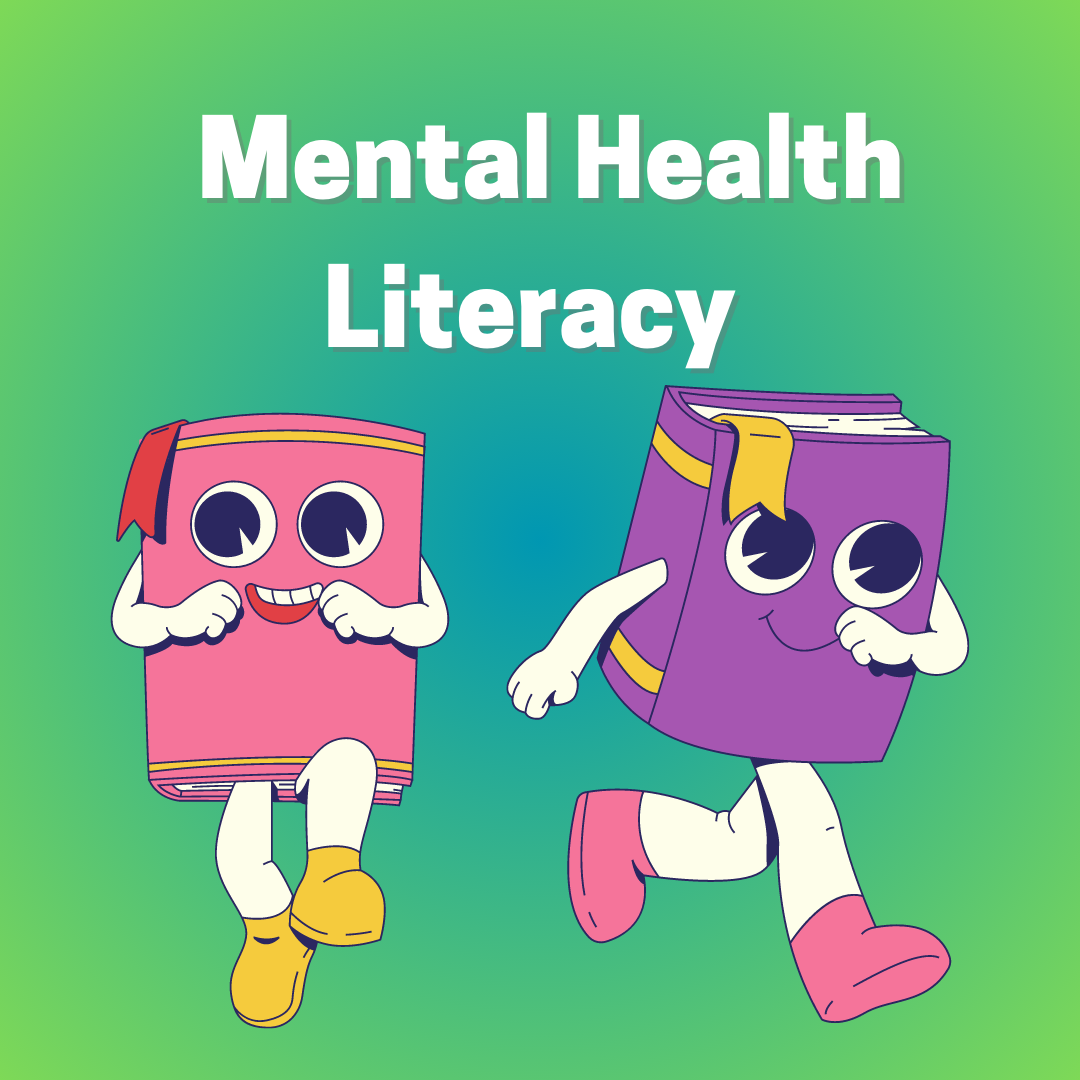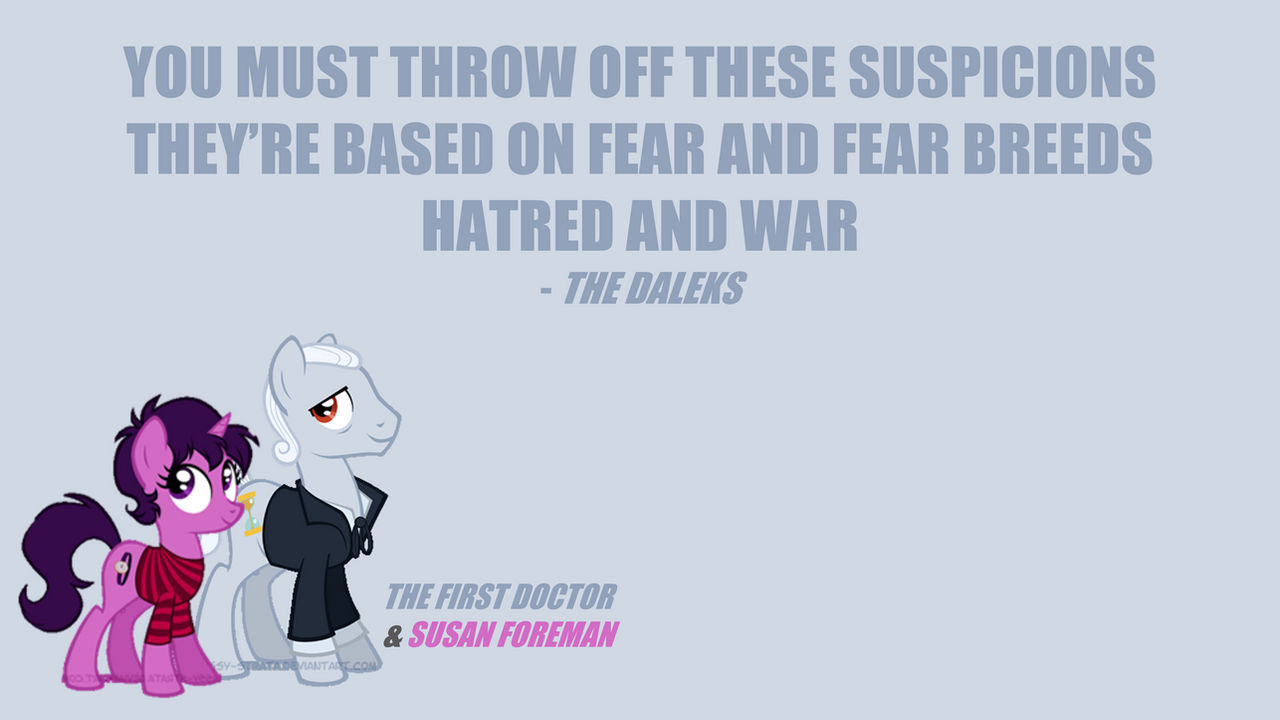Mental Health Literacy Education: A Comprehensive Guide

Table of Contents
Understanding the Components of Mental Health Literacy Education
Mental health literacy education is multifaceted. It involves fostering a deep understanding of various key terms and concepts. Let's define some crucial terms:
- Mental health: A state of well-being where individuals realize their own abilities, can cope with the normal stresses of life, can work productively and fruitfully, and are able to make a contribution to their community.
- Mental illness: A diagnosable disorder affecting mood, thinking, or behavior that significantly impairs a person's ability to function in their daily life.
- Well-being: A positive state of being characterized by happiness, fulfillment, and overall life satisfaction.
- Resilience: The ability to bounce back from adversity and cope with stress effectively.
Mental health literacy encompasses several key areas:
- Recognizing symptoms: Identifying the warning signs and symptoms of common mental health conditions like anxiety, depression, post-traumatic stress disorder (PTSD), and others. This includes understanding that symptoms can vary greatly between individuals.
- Understanding risk factors: Knowing the biological, psychological, and social factors that contribute to the development of mental illness. This could involve family history, life stressors, trauma, and social inequalities.
- Knowledge of available treatments: Being aware of different treatment options, such as therapy, medication, support groups, and self-help strategies. Understanding the effectiveness and limitations of each approach is vital.
- Help-seeking behavior: Knowing when and how to seek professional help, and recognizing the importance of early intervention. This also includes understanding the resources available in the community.
Key elements of mental health literacy include:
- Identifying common mental health conditions (anxiety, depression, PTSD, bipolar disorder, schizophrenia, etc.).
- Recognizing warning signs and symptoms in oneself and others. This involves observing changes in behavior, mood, sleep patterns, and social interactions.
- Understanding the biological, psychological, and social factors contributing to mental illness. This promotes a holistic perspective, considering genetics, life experiences, and social environment.
- Differentiating between mental health and physical health, recognizing that both are interconnected and equally important.
The Benefits of Mental Health Literacy Education for Individuals
Investing in mental health literacy yields significant benefits for individuals:
- Improved self-awareness: Early identification of mental health issues allows for timely intervention, improving treatment outcomes and reducing the severity of symptoms. This empowers individuals to proactively manage their well-being.
- Reduced stigma and increased help-seeking behavior: Education helps dispel myths and misconceptions surrounding mental illness, making it easier for individuals to seek professional help without shame or fear.
- Enhanced coping mechanisms and resilience: Learning about stress management techniques, problem-solving strategies, and emotional regulation skills empowers individuals to navigate life's challenges more effectively.
- Improved mental well-being and quality of life: By promoting self-care, building support networks, and fostering a positive mindset, mental health literacy education contributes to a richer and more fulfilling life.
Specific individual benefits include:
- Early intervention leads to better treatment outcomes, minimizing long-term consequences.
- Empowerment through knowledge reduces fear and helplessness, fostering a sense of control.
- Improved relationships due to increased understanding and empathy, both for oneself and others.
The Benefits of Mental Health Literacy Education for Communities
The positive impact of mental health literacy extends beyond the individual to the entire community:
- Reduced stigma at the community level: When communities are better informed, attitudes toward mental illness shift, creating a more supportive and accepting environment.
- Increased support systems and resources: Mental health literacy education encourages the development of community-based support programs, peer support networks, and readily accessible mental health services.
- Improved mental health outcomes for the population: A community with high mental health literacy rates tends to have lower rates of untreated mental illness and better overall mental health indicators.
- Creation of a more inclusive and supportive society: Mental health literacy education fosters empathy, understanding, and compassion, promoting a culture of inclusivity and acceptance.
Community-level benefits include:
- Increased community awareness campaigns, promoting open dialogue and reducing stigma.
- Improved collaboration between healthcare providers and community organizations, creating a more integrated and effective system of care.
- Development of mental health-friendly workplaces and schools, creating supportive environments that prioritize well-being.
Implementing Effective Mental Health Literacy Education Programs
Successful implementation of mental health literacy programs requires careful planning and consideration:
- Educational approaches: A range of approaches can be used, including workshops, online courses, school curricula integration, and community outreach programs. The choice of approach depends on the target audience and available resources.
- Evidence-based approaches and culturally sensitive materials: Programs should utilize evidence-based strategies and materials tailored to the specific cultural context of the community they serve to ensure maximum effectiveness.
- Challenges in implementation: Resource limitations, the need for ongoing staff training, and the difficulty in measuring program effectiveness are common challenges. Overcoming these barriers requires strategic planning, securing funding, and employing robust evaluation methods.
Effective program implementation strategies:
- Utilizing interactive and engaging teaching methods, such as role-playing, group discussions, and multimedia presentations.
- Incorporating real-life case studies and testimonials to make the learning experience more relatable and impactful.
- Providing opportunities for peer support and discussion to foster a sense of community and shared experience.
- Evaluating program impact through pre- and post-assessments to measure changes in knowledge, attitudes, and behaviors.
Resources and Further Learning on Mental Health Literacy Education
Numerous resources are available to deepen your understanding of mental health literacy:
- Government websites and health organizations: Websites such as the [insert relevant government website here] and [insert relevant health organization website here] offer valuable information and resources.
- Online courses and educational resources: Many universities and organizations offer online courses and educational materials on mental health literacy. [Insert links to relevant online courses and resources here].
- Books and articles: [Insert links or titles of relevant books and articles here].
Specific resources include:
- [Link to a relevant government website focusing on mental health]
- [Link to a reputable mental health organization website]
- [Link to an online course on mental health literacy]
- [Title and author of a relevant book on mental health]
Conclusion
Mental Health Literacy Education is not merely a topic; it's a crucial investment in the well-being of individuals and the strength of communities. By understanding the components, benefits, and implementation strategies outlined above, we can work towards creating a society that prioritizes mental health and fosters a culture of understanding and support. The benefits – from improved self-awareness and reduced stigma to enhanced community resilience and a more inclusive society – are far-reaching and transformative. Start your journey towards improving mental health literacy today! Explore the resources mentioned above and become an advocate for better mental health education in your community. Learn more about mental health literacy education and make a difference.

Featured Posts
-
 Doctor Who On Pause Fan Fears Soar After Showrunners Hints
May 02, 2025
Doctor Who On Pause Fan Fears Soar After Showrunners Hints
May 02, 2025 -
 Fortnite Fans Furious Over Latest Item Shop Update
May 02, 2025
Fortnite Fans Furious Over Latest Item Shop Update
May 02, 2025 -
 Fortnite Chapter 6 Season 2 Delayed Unforeseen Server Issues Cause Extended Downtime
May 02, 2025
Fortnite Chapter 6 Season 2 Delayed Unforeseen Server Issues Cause Extended Downtime
May 02, 2025 -
 Sibling Fallout Throws Bbcs Celebrity Traitors Into Disarray
May 02, 2025
Sibling Fallout Throws Bbcs Celebrity Traitors Into Disarray
May 02, 2025 -
 Heartbroken Family Pays Tribute To Tragic Manchester United Supporter Poppy
May 02, 2025
Heartbroken Family Pays Tribute To Tragic Manchester United Supporter Poppy
May 02, 2025
